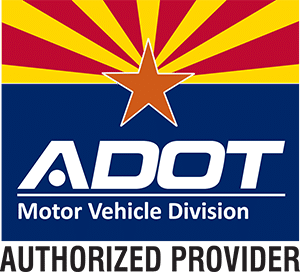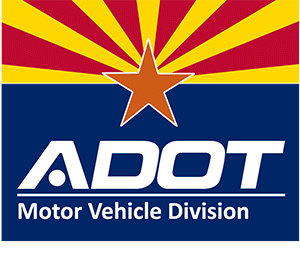Highway driving offers faster travel and open roads, but these allures also come with heightened risk. From speeding to mechanical malfunctions, various factors can lead to accidents. Understanding these causes and learning how to prevent them are essential for safer driving on high-speed routes.
In this blog, we explore some of the key causes of highway crashes and practical strategies to mitigate their risks so you can reach your destination safely.
Common Causes of Highway Crashes
Speeding: Highways typically allow higher speed limits than residential or city streets. This can often tempt drivers to push the boundaries. The thrill of high speeds may be appealing, but it’s not just against the law. It also drastically reduces your ability to react to sudden changes in the road, increasing your chances of getting in an accident.
How to avoid it: Always adhere to speed limits and be mindful of changing road conditions that may require slower speeds. On long highway stretches, cruise control can help maintain a consistent speed, reducing the temptation to accelerate beyond legal limits.
Distracted driving: The monotony of highway drives can tempt drivers into engaging in activities that take their attention off the road, such as using smartphones, adjusting in-car systems, or other distractions.
How to avoid it: Set your navigation and entertainment systems before you start your journey. If you must absolutely use your phone, do so through hands-free technology, or better yet, pull over safely to use your device.
Driving under the influence: Alcohol, drugs, and even some prescription medications can reduce coordination, judgment, and reaction times, exponentially increasing your chances of being in an accident. In fact, drivers with a blood alcohol concentration (BAC) of .15 are 12 times more likely to crash than those with a BAC of zero.
How to avoid it: The solution here is simple. Never drive while impaired under any circumstances. Plan ahead for transportation if you know you’ll be consuming substances that could impact your driving capabilities. Utilize public transport, taxis, or ride-sharing services if necessary.
Driver fatigue: Long stretches on the highway without breaks can lead to fatigue, which dulls concentration and slows reaction times. This makes it difficult to respond effectively to other drivers’ behavior and changes in road conditions.
How to avoid it: If you have lots of highway driving ahead, plan to include regular breaks, stopping at least every two hours. If possible, share the driving responsibilities with someone else to ensure you can rest adequately.
Adverse weather: Conditions such as heavy rain or Arizona’s notorious dust storms can dramatically reduce visibility and traction on the road. These factors can easily create dangerous situations due to higher speeds and a greater need for precise vehicle control when traveling on highways.
How to avoid it: Always check the weather forecast before hitting the road. If you encounter bad weather while driving, reduce your speed, use your headlights, and always maintain a safe distance from the vehicle in front of you. If conditions worsen, consider exiting the highway and waiting somewhere safe until road conditions improve.
Vehicle defects: On highways, a small mechanical issue can quickly escalate into a major hazard. For example, a tire blowout at a high speed is far more dangerous than at residential driving speeds. Just last year in Arizona, a tire blowout was found to be a likely factor in two fatal car crashes.
How to avoid it: Follow a regular maintenance regimen that includes brake, tire, light, and fluid level checks. Conduct a thorough pre-trip inspection before embarking on a highway trip to identify and address potential issues that could lead to breakdowns or accidents.
What Happens If You Crash?
Despite all precautions, accidents on the highway can still occur. If you find yourself involved in a crash, it’s crucial to handle the situation carefully to ensure your safety and the safety of others. Our comprehensive guide provides detailed steps on what you should do.
Highways present unique challenges, but with the right training, you can navigate them safely and confidently. Register for a driver’s education or defensive driving course today and master your highway driving skills.








